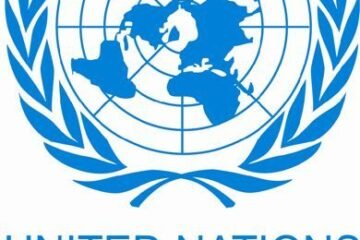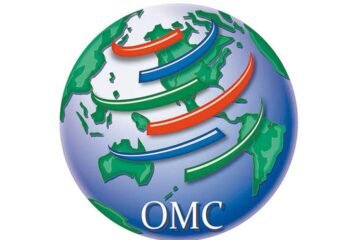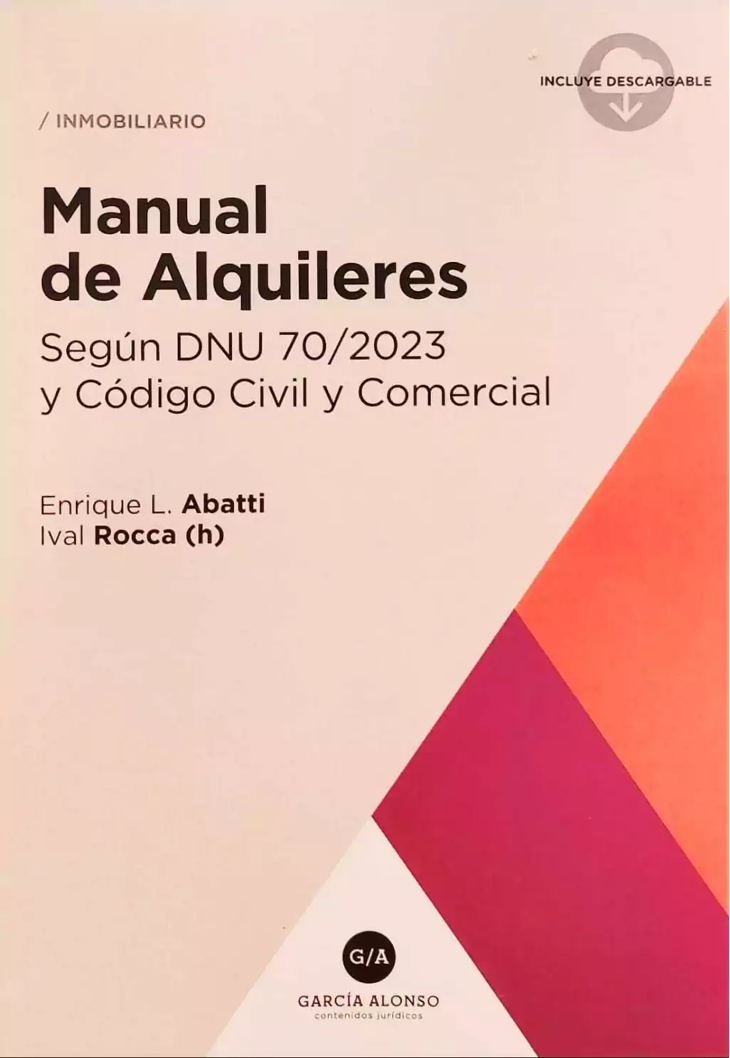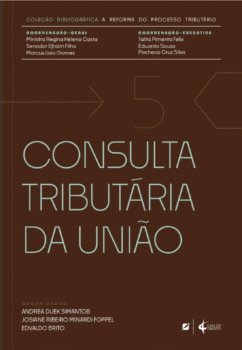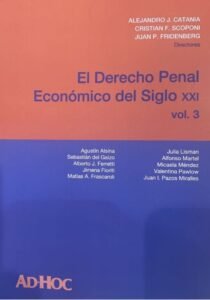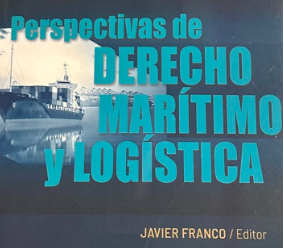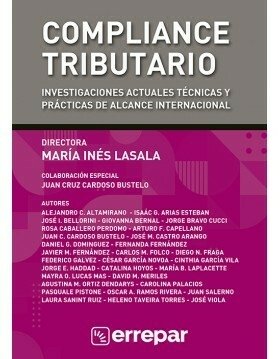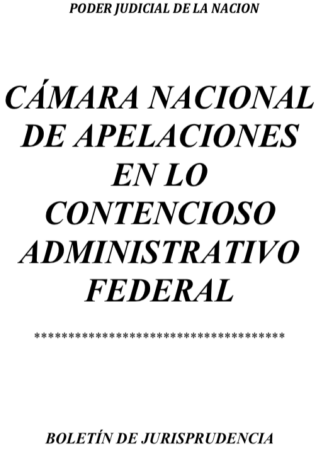La D.G. Okonjo-Iweala celebra los logros del Comité de Agricultura tras su 100a reunión

En un evento especial realizado el 17 de marzo para celebrar la centésima reunión del Comité de Agricultura, la Directora General Ngozi Okonjo-Iweala elogió los logros del Comité en los últimos 27 años y destacó su importante función de vigilancia de la aplicación del Acuerdo sobre la Agricultura de la OMC. Dijo que “el Comité ha desempeñado un papel crucial en la mejora del funcionamiento de los mercados, el fortalecimiento de la transparencia y la mejora de la previsibilidad y la estabilidad del comercio mundial de productos alimenticios y agropecuarios”.
“Today’s event marks an important milestone. It’s an opportunity to take stock of our achievements, and also to look ahead at the next quarter-century of work,” said DG Okonjo-Iweala in her opening remarks.
The DG stressed that the Committee on Agriculture was set up to allow WTO members to exchange views about compliance with rules in the Agreement on Agriculture. It also provides a forum to address disagreements about members’ agri-food trade measures and to help “nip trade irritants in the bud”, she added.
The Committee has also proved it can adapt to changing times, the DG said, pointing to its active role in implementing the Nairobi Ministerial Decision on eliminating agricultural export subsidies and in addressing export restrictions during the COVID-19 pandemic.
DG Okonjo-Iweala said she is confident that the Committee will help members address new challenges in the future and work towards achieving the UN Sustainable Development Goals. She encouraged members to build on past experience and continue strengthening the Committee’s work through active participation and enhanced transparency regarding their trade measures.
Her full remarks are here.
Members of the Committee on Agriculture,
Excellencies,
Ladies and gentlemen,
Colleagues and friends,
I’m really pleased to join you today to celebrate the 100th session of this committee on agriculture which was held yesterday.
This committee could not be regarded as anything but critically important, given the junction we are in the world today where trade is very vital and most needed to assure food security for many.
Today’s event marks an important milestone. It’s an opportunity to take stock of our achievements, and also to look ahead at the next quarter-century of work.
I’m grateful to my colleagues for having prepared a fantastic programme of discussions which will enable us to do just that.
We are fortunate to have the participation of no fewer than nine former chairs of the committee alongside the current chair, Marcos da Rosa. Thank you all for your service to this wonderful committee. They also have with us several agricultural delegates who have participated in the committee’s past work.
But before we begin our programme, I would like to say a few words about the committee’s significance.
The Committee on Agriculture was set up with the important task of facilitating and monitoring Members’ implementation of the undertakings that they assumed under the Agreement on Agriculture.
This accord was the first comprehensive agreement on trade in agriculture and emerged from the successful conclusion of the Uruguay Round. It was therefore a momentous occasion in the history of global trade.
In subsequent decades, markets and policies have changed significantly. During this period, the Committee has played a crucial role in improving how markets function, strengthening transparency, and enhancing the predictability and stability of global trade in food and farm goods.
In doing so, it’s also contributed towards the achievement of public policy goals in areas such as food security and rural development.
In other words, it has done something very significant: it has helped ensure that trade in food and farm goods changes people’s lives for the better.
This is why this committee and its work on agriculture is dear to me personally— because this is where we touch people’s lives. And after all, that’s what this organisation was created to do: to help us enhance living standards of people, to create decent work and employment, and support sustainable development that no other sector than agriculture can help us deliver. Perhaps this is why it’s also such a tough area in which to negotiate.
The committee has also provided a robust forum for WTO Members to exchange views about compliance with existing rules, and address disagreements about each other’s trade measures.
This can help nip trade irritants in the bud before they escalate into disputes, keeping trade in farm goods flowing across borders.
And it means the Committee contributes to our overall efforts at the WTO to promote the rule of law at the international level, and to develop effective, accountable and transparent institutions. Governments have agreed to work towards both these important targets under Sustainable Development Goal 16.
And the committee has also proved it can change with the times, evolving to keep pace with upcoming challenges and anticipate them.
It has played an active role in implementing the new agreement reached at the Nairobi Ministerial Conference for the elimination of agricultural export subsidies, and has enabled Members to translate that agreement into a common legal setting of zero export subsidy commitments.
Similarly, when the COVID-19 pandemic broke out, the committee was essential in keeping food and agricultural products moving around the world, and providing a vital forum for discussion and dialogue between governments.
So I have no doubt that, in coming years, it can also help us to meet new challenges such as climate change.
That does not mean we should be complacent about its ability to do so. To succeed, all Members must continue to invest in strengthening the committee’s work, participating actively in its discussions, and sharing accurate information about trade measures in a timely and transparent manner.
With this in mind, I hope that our discussions today will give due recognition to the achievements of the past, and also draw from this experience to chart a path forward for the future.
I wish you all a very fruitful exchange, which I’m sure will help strengthen the foundations of the committee’s work in the years ahead.
Fuente: OMC




